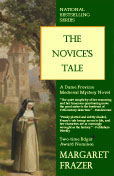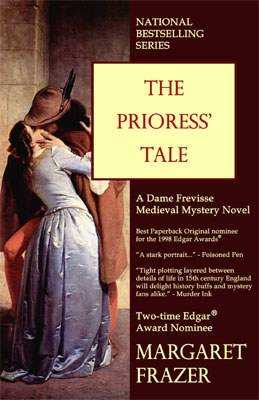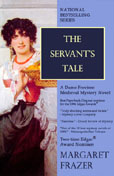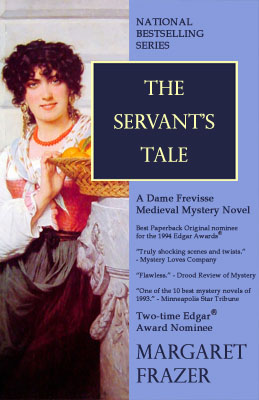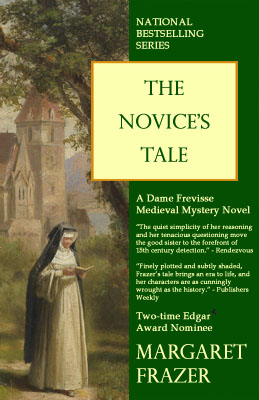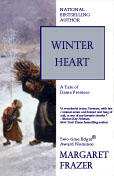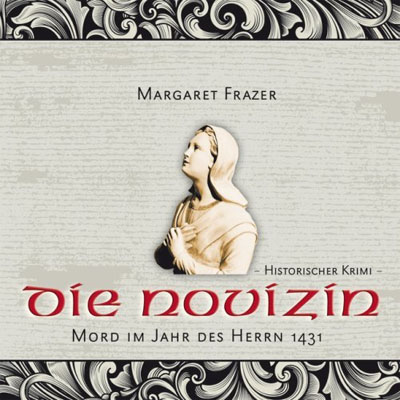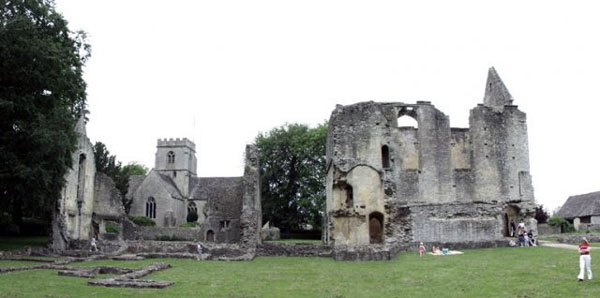Help us, Seinte Frideswyde!
A man woot litel what him shal bityde.
The Miller’s Tale – Canterbury Tales
Geoffrey Chaucer
Mid-September in the year of Our Lord’s grace 1431 had perfect weather, warm and dry. There was a drowse of autumn to the air, and in the fields beyond St. Frideswide’s priory walls the harvest went its steady pace under the clear sky. There had been rain enough and sun enough since mid-July to bring the grain to full ripeness. Now most of it lay in golden swaths behind the reapers or was already gathered into shocks to dry.
All month long the days had become familiar with the calling of the men and women back and forth at their work, the cries of children scouting birds away, and the creak of carts along the tracks to bring the harvest home.
Inside St. Frideswide’s walls there was awareness of the harvest but none of its haste or noise; only, as nearly always, a settled quiet. A sway of skirts along stone floors, the muted scuff of soft leather soles on the stair; rarely a voice, and then only briefly and in whispers since the rule of silence held here except for the hour of recreation and the proper, bell-regulated hours of prayer sung and chanted in the church.
A Benedictine peace ruled there, Thomasine thought as she paused to gaze out the narrow window on the stairs to the prioress’s parlor, a plate of honey cakes in her hands, still warm from the oven. She had been told to hurry with the cakes, that they were meant for an important guest, but she could not bear to pass this view over the nunnery’s cream-pale stone walls. Framed in the narrow window was a scene of stubbled fields scattered with shocks of grain and small-with-distance figures bent to their work. Beyond them was the green edge of the forest and, over all, the Virgin-blue of sky, all of it as finely detailed and remote as a miniature painted for a lady’s prayer book, precise and wonderful to look at.
And soon to be far beyond her reach. (more…)

